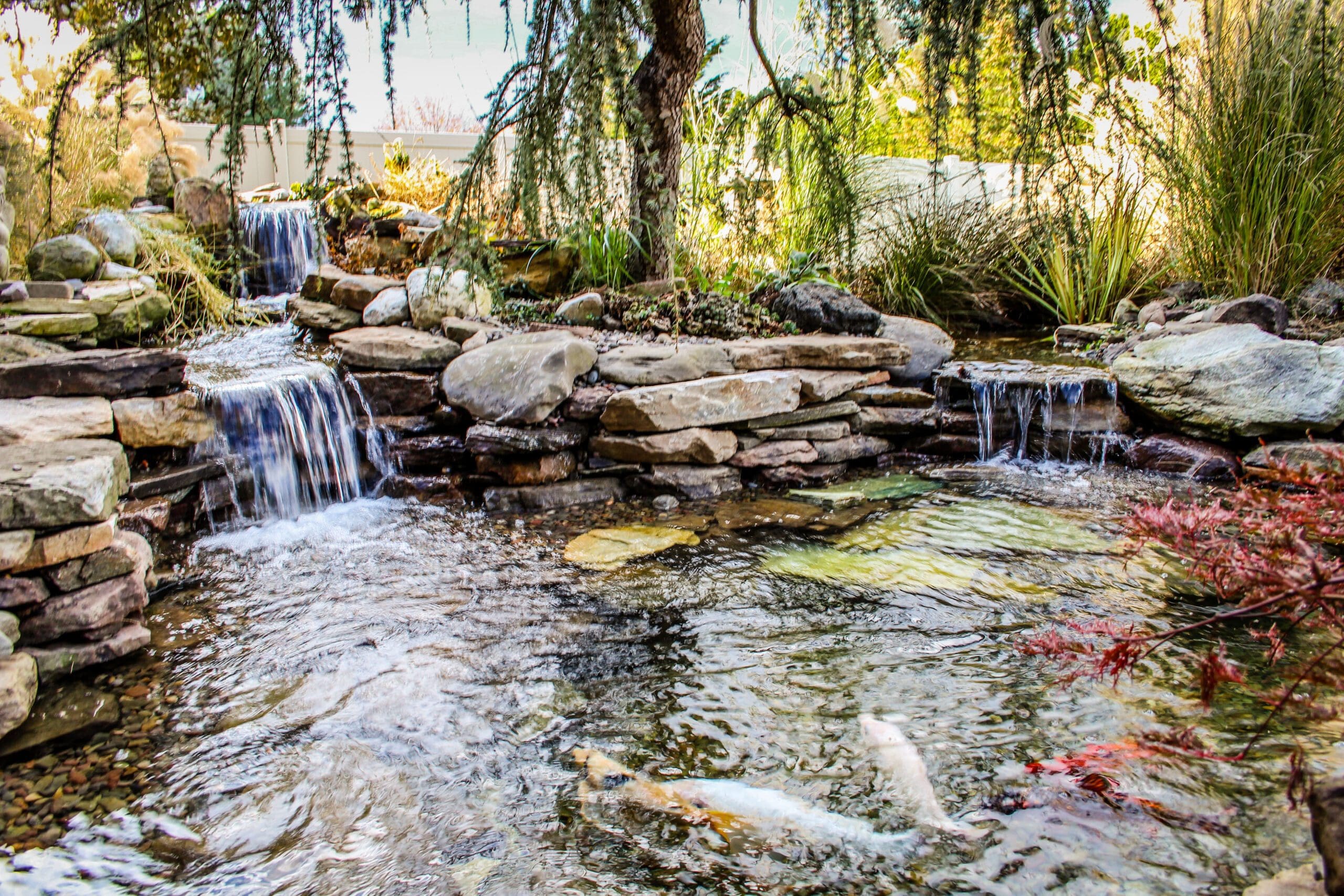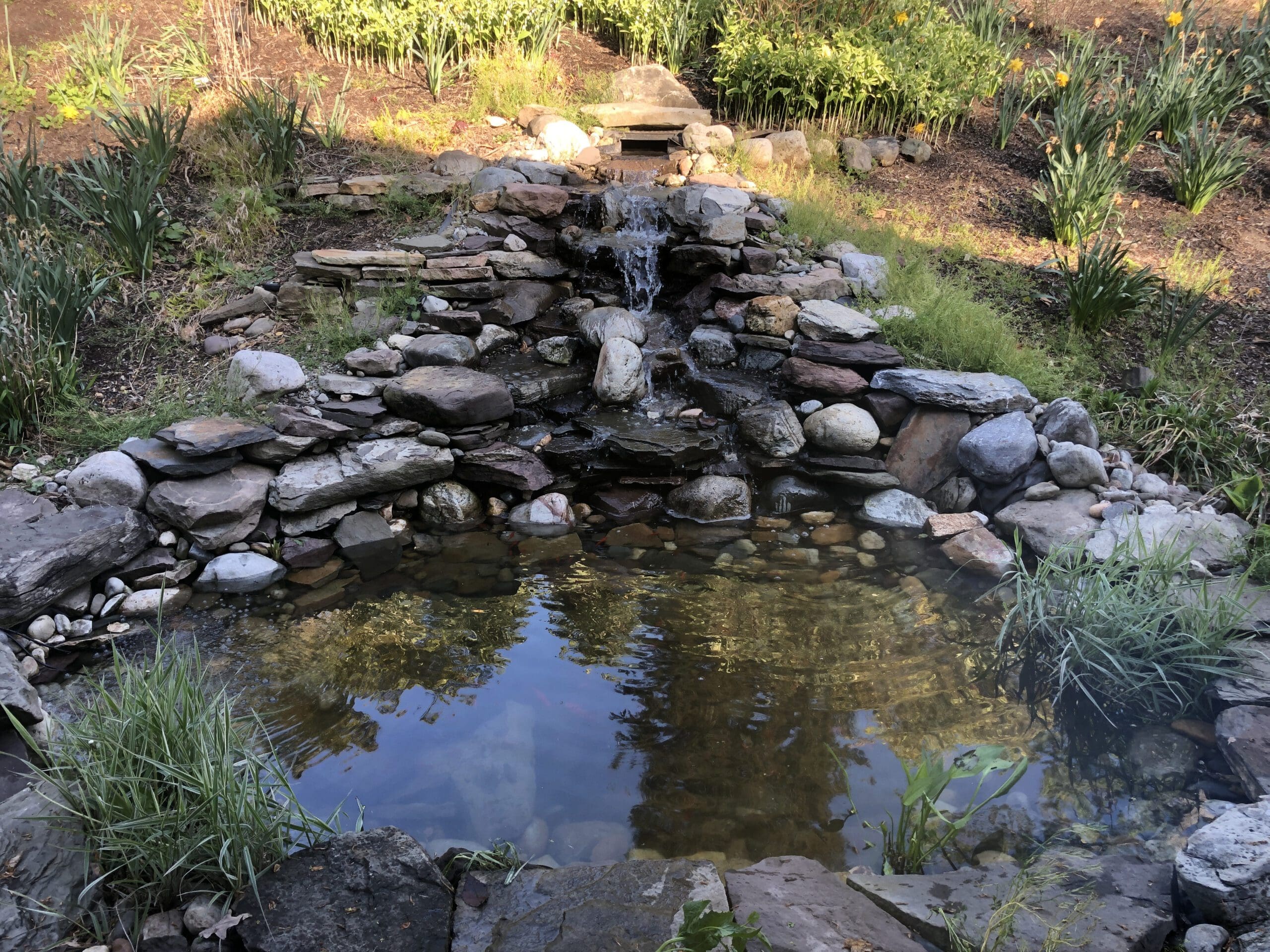Why Herons are a Problem
Herons are skilled hunters that can deplete a pond’s fish population in a short amount of time. Not only does this affect the ecosystem, but it also causes financial losses for pond owners who invest in fish and pond maintenance.
Understanding Heron Behavior
Before you can effectively deter herons, it’s crucial to understand their behavior. Herons are most active during dawn and dusk, and they prefer shallow waters where they can easily catch fish. Knowing this can help you tailor your prevention strategies more effectively.
Preventive Measures
Physical Barriers
- Netting: One of the most effective ways to keep herons out is by installing pond netting. Make sure the mesh is small enough to prevent the bird from getting through but large enough to not harm your fish.
- Fencing: Installing a fence around the pond can also deter herons. However, the fence needs to be at least 6 feet high to be effective.
Visual Deterrents
- Fake Predators: Placing statues of natural predators like hawks or owls can scare away herons.
- Reflective Objects: Hanging CDs or aluminum foils around the pond can disorient the herons, making them less likely to approach.
Auditory Deterrents
- Ultrasonic Devices: These devices emit sounds that are unpleasant for herons but are inaudible to humans.
- Motion-Activated Sprinklers: These can startle herons and make them think twice before approaching your pond.
Advanced Techniques
- Automated Scarecrows: These are motion-activated devices that mimic the movement of a human, effectively scaring away herons.
- Chemical Repellents: While not commonly recommended due to their impact on the pond ecosystem, they can be effective in extreme cases.
Herons can be a significant problem for pond owners, but with the right strategies, you can outsmart these feathered foes. From understanding their behavior to implementing various deterrents, this guide offers a comprehensive approach to keeping your pond safe.
By following this guide, you’ll not only protect your pond but also contribute to a balanced ecosystem. Remember, the key to success is understanding your enemy and using a multi-pronged approach to deterrence.






